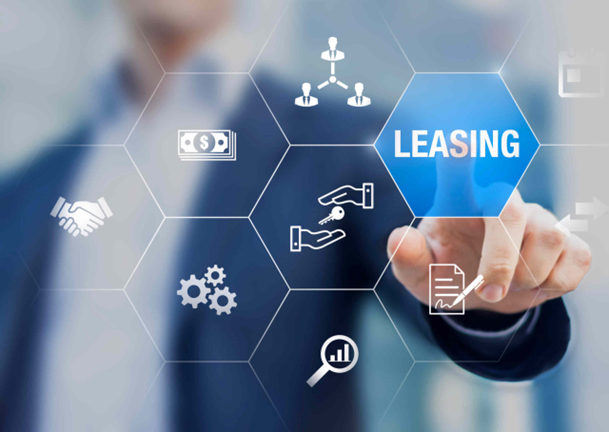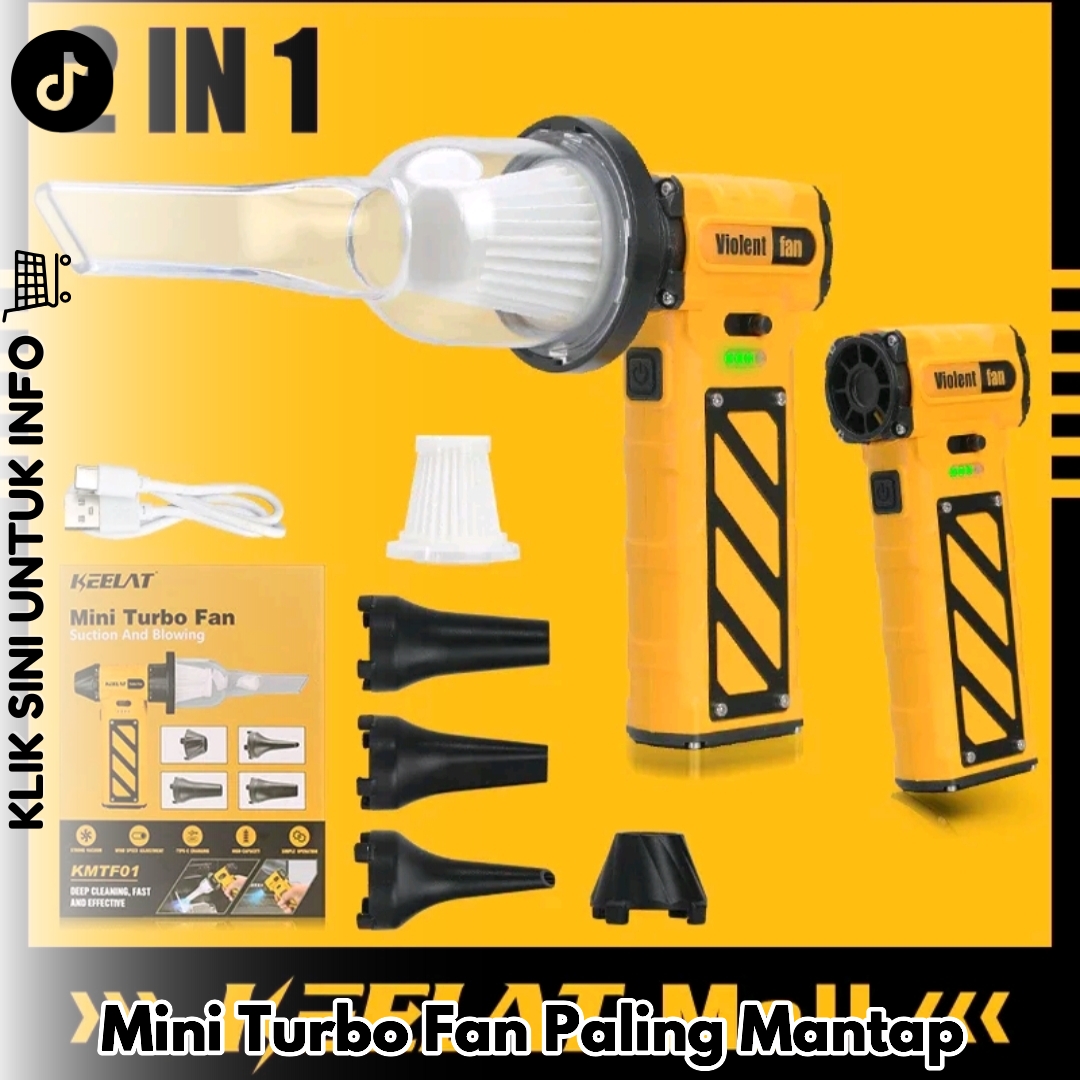Business
Top 5 Best Benefits and Drawbacks of Leasing Scientific Equipment for Your Business

Leasing – Scientific equipment leasing is a popular option for businesses that require expensive, specialized equipment, particularly in the biotechnology sector. Instead of spending a lot of money to buy the equipment, businesses can use this option to pay for it over time.
Top 5 Best Benefits and Drawbacks of Leasing Scientific Equipment for Your Business:
Scientific tools are used by a lot of businesses, especially in research and development, testing, and analysis. Companies that create medical devices, vaccines, and drugs, for instance, rely heavily on biotech devices. These businesses can gain access to cutting-edge technology without incurring the upfront costs of purchasing brand-new equipment by leasing scientific equipment.
Whether you’re a little beginning up or an enormous organization, understanding the advantages and expected disadvantages of leasing will assist you with pursuing an educated choice that meets your requirements and financial plan. Read on to study this choice more deeply.
Benefits of leasing logical hardware:
- An economic alternative: Companies that need the most recent technology but don’t want to break the bank can save money by leasing scientific equipment. Give them access to equipment that they might not be able to afford otherwise. Rather than an inflatable installment, organizations can make long-haul installments through the leash.
- Most recent technology: Companies can gain access to the most recent technology by leasing scientific equipment. It’s a practical method for getting the most recent hardware without stressing over being left with obsolete gear. Companies can thus keep up with the most recent technological developments. To remain competitive in the market, this is crucial.
- Adaptability to redesign gear: Another advantage of leasing scientific equipment is its adaptability. At the end of the lease period, businesses can upgrade their equipment. Businesses that need to keep up with changing technologies and rising demands would benefit greatly from this.
- Tax benefits: Leasing scientific equipment not only makes money, but it also offers tax breaks. Lease payments are deductible from taxes, lowering your company’s tax bill.
- Keep cash flowing: Businesses can keep their cash flow stable by leasing scientific equipment. Businesses can use the reserve for other costs and investments rather than purchasing equipment. This is especially helpful for startups and small businesses establishing cash reserves.
Drawbacks of leasing logical gear:
- Costs, in the long run, may be higher: In the long run, leasing scientific equipment may be more expensive than purchasing it. This is because lease payments are spread out over a longer period, which can result in accrued interest and higher overall costs.
- Limited Possession: Organizations that lease logical hardware can confront confined proprietorship because the lessor holds possession. The company’s flexibility to make necessary adjustments may be limited because of this limitation on how tenants can use and modify their equipment.
- Expected Secret Expenses – Stowed-away charges related to leasing logical hardware can likewise be a possible issue. Costs associated with excessive usage, early lease termination, and repairs and maintenance may be included in these fees. These costs add up quickly and may cause lease payments to be higher than anticipated.
- Equipment lease financing can also be challenging to finance. Because the businesses do not own the equipment and may not provide the same level of collateral as traditional loans, lenders may be reluctant to finance leased equipment.
- Possibility of obsolete equipment: Equipment leased may become obsolete. We will most likely be unable to fulfill the needs of our business which may cause extra expenses related to redesigning or supplanting gear.
When deciding whether to lease scientific equipment:
- The kind and amount of equipment needed: Businesses need to take a few important considerations into account before deciding to lease scientific equipment. To start with, you want to precisely decide the exact thing type and measure of hardware you want. By leasing only, the equipment that is necessary for your day-to-day operations, you can streamline your search and save time.
- Spending limits: Financial plan imperatives are likewise a significant thought. Businesses need to figure out how much they can spend on leased equipment and make sure that lease costs are within their budget. To uncover any unanticipated costs or fees that may have been overlooked, this step may necessitate a thorough lease review.
- Needs and priorities of the business: When leasing scientific equipment, businesses must consider their individual preferences and requirements. For instance, purchasing cutting-edge technology may be preferable for a business seeking to maintain a competitive advantage. On the other hand, those with less stringent requirements might be content with less expensive or out-of-date equipment.
- Accessibility of funding choices: Another important aspect is the variety of financing options available. Lenders and leasing companies should be researched by businesses to choose the best option. It’s also important to think about how often and how long the equipment will be used, as well as how much it will cost to fix or maintain it.
Conclusion:
Each company’s specific circumstances and goals determine whether to lease scientific equipment. However, weighing the benefits and drawbacks can assist businesses in making the best choice that meets their requirements and goals.
-

 Entertainment2 years ago
Entertainment2 years ago“Haha aku terhibur la tengok Aqish tu, banyak makan gula ni” – Netizen
-

 Entertainment2 years ago
Entertainment2 years ago“Selamat pengantin baru Sherry, tak jemput pun” – Netizen
-

 Entertainment2 years ago
Entertainment2 years ago“Satu family kena gula2 ke camne ni hahaha” – Netizen
-

 Entertainment2 years ago
Entertainment2 years ago“Sherry memang yg kawan baik, kawan jtuh gelak dulu baru tolong hahaha” – Netizen
-

 Entertainment7 months ago
Entertainment7 months ago“Arwah adik saya memang tak pernah jumpa Wani, Kami kenal Wani pun masa dia dah takde” – Kakak Mustaqim
-

 Entertainment2 years ago
Entertainment2 years ago“Anisha sangat elegan, dia selalu tersenyum” – Netizen
-

 Entertainment2 years ago
Entertainment2 years ago“Kakak Ameerah Bolkiah, happy birthday, miss you” – Anak Azrinaz Mazhar Hakim
-

 Entertainment2 years ago
Entertainment2 years ago“Dah berumur pun cantik, macam Amy Mastura” – Netizen

